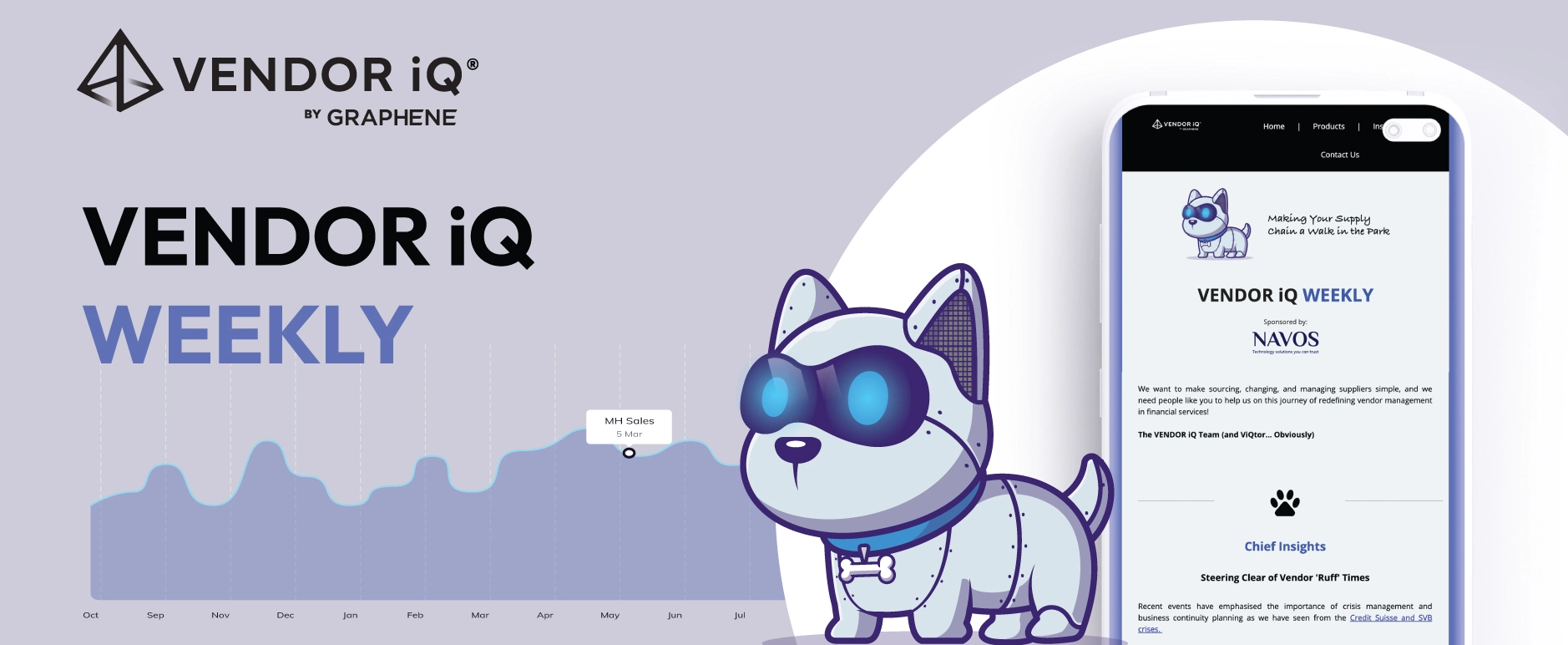How to Negotiate Service Level Agreements (SLAs) with Vendors for Your Wealth Management Business
Service Level Agreements (SLAs) are agreements between a service provider and a customer that define the level of service to be provided, including metrics such as uptime, response times, and service quality. In the wealth management industry, SLAs are critical in ensuring that vendors deliver the necessary services to support business operations and maintain client satisfaction.
Negotiating SLAs can be a daunting task, especially for firms that are not well-versed in contract negotiations. In this article, we will explore best practices for negotiating SLAs with vendors, including key considerations, metrics, and penalties.
Establish Key Metrics and Performance Indicators
The first step in negotiating SLAs with vendors is to establish key metrics and performance indicators that are important to your business. These metrics should be specific, measurable, achievable, relevant, and time-bound (SMART), providing a clear benchmark for vendor performance.
For example, if you are negotiating an SLA for a software vendor, key metrics might include uptime, response time, and bug resolution time. For a custodian, key metrics might include transaction processing time, account reconciliation time, and error rates.
Define Penalties and Remedies for SLA Breaches
Defining penalties and remedies for SLA breaches is an essential component of negotiating SLAs with vendors. Penalties should be significant enough to incentivise vendors to meet their obligations, but not so severe that they discourage vendors from doing business with your firm.
Common penalties for SLA breaches include financial penalties, reduced payment for services rendered, and termination of the contract. Remedies might include the vendor providing additional resources or personnel to address the issue or providing a credit for future services.
Ensure Flexibility and Scalability in SLAs
When negotiating SLAs with vendors, it is important to ensure that the SLAs are flexible and scalable. Business needs can change over time, and SLAs must be able to accommodate these changes without requiring a renegotiation of the entire agreement.
For example, if your firm experiences rapid growth, you may need to renegotiate SLAs to accommodate the increased demand for services. Similarly, if your firm experiences a downturn in business, you may need to renegotiate SLAs to reduce costs.
Establish Communication and Reporting Protocols
Effective communication and reporting protocols are essential for monitoring and managing vendor performance against SLAs. The SLA should define how and when vendors should communicate with your firm, as well as the frequency and format of reporting.
Regular reporting against SLA metrics can provide valuable insights into vendor performance, identifying areas for improvement and potential risks before they become major issues.
Consider Alternative Service Delivery Models
When negotiating SLAs with vendors, it is worth considering alternative service delivery models, such as managed services or outcome-based contracts. These models can provide additional flexibility and risk-sharing for both parties, ensuring that both parties have a shared interest in achieving the desired outcome.
Managed services contracts typically involve the vendor assuming responsibility for a specific business function, such as IT support or back-office operations. Outcome-based contracts tie vendor compensation to specific business outcomes, such as revenue growth or cost savings.
Negotiating SLAs with vendors is a critical task for wealth management firms, ensuring that vendors deliver the necessary services to support business operations and maintain client satisfaction. When negotiating SLAs, it is important to establish key metrics, define penalties and remedies for SLA breaches, ensure flexibility and scalability in SLAs, establish communication and reporting protocols, and consider alternative service delivery models.
By following these best practices, wealth management firms can ensure that their SLAs are tailored to their specific business needs, incentivize vendors to meet their obligations, and provide a framework for ongoing monitoring and management of vendor
performance. Remember, SLAs are not just about contracts, but also about building and maintaining strong relationships with vendors that deliver value to your business.
As you negotiate SLAs with vendors, it is important to keep in mind that these agreements are not set in stone. Business needs change, and SLAs must be able to adapt to these changes. Regular review and renegotiation of SLAs can ensure that they remain relevant and effective over time.
In conclusion, negotiating SLAs with vendors is a critical component of effective vendor management in the wealth management industry. By following these best practices, wealth management firms can ensure that their SLAs are tailored to their specific business needs, incentivise vendors to meet their obligations, and provide a framework for ongoing monitoring and management of vendor performance.
“Effective SLAs are critical in ensuring that vendors deliver the necessary services to support business operations and maintain client satisfaction. By establishing clear metrics, penalties, and communication protocols, wealth management firms can create a mutually beneficial relationship with vendors that delivers value to both parties.” – John Smith, Director of Operations at XYZ Wealth Management





